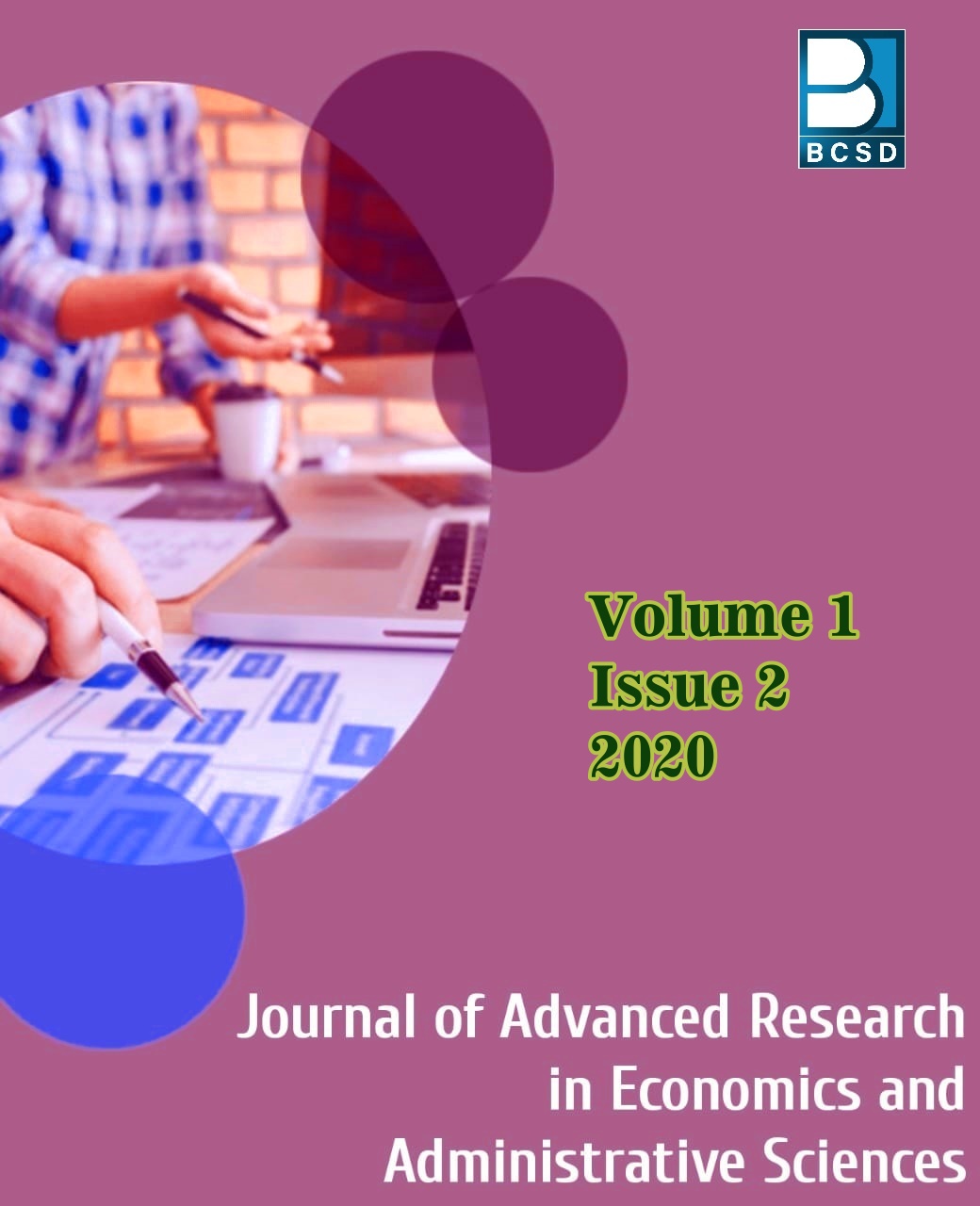
Journal of Advanced Research in Economics and Administrative Sciences
Yazarlar: ["Stephen Ansah", "Zheng Xungang", "Gideon Ntim Amo"]
Konular:-
DOI:10.47631/jareas.v3i2.479
Anahtar Kelimeler:Fiscal Policy,Energy Consumption,CO2 Emissions,Cross-Sectional Augmented Autoregressive Distributed Lag,Common Correlated Effect Mean Group,Augmented Mean Group
Özet: Purpose: This study investigates the relationship between fiscal policy, energy consumption, and carbon dioxide emissions in the sub-Saharan African region. Approach/Methodology/Design: The cross-sectional autoregressive distributed lag, common correlated effect means group, and the augmented mean group were used to analyze the long-run effect of fiscal policy, and energy consumption on carbon dioxide emissions for the period 1990–2018. Findings: The findings of this study indicate that expansionary fiscal policy drives carbon dioxide emissions, while contractionary fiscal policy mitigates carbon dioxide emissions for the sub-Sahara African region. The study's findings also indicate that an increase in renewable energy consumption help reduce carbon dioxide emissions, while non-renewable energy consumption causes carbon emissions to rise. Similar results were obtained for the various income-based economies except upper-middle-income economies that recorded insignificant long-run effect of fiscal policy, renewable energy and non-renewable energy consumption on carbon emissions. Practical Implications: The significant role of expansionary and contractionary fiscal policies established from this study’s results indicate the possibility of economic managers of various nations to promote sustainable development through fiscal policy implementations. Thus, governments of various economies could use fiscal policy especially expenditure as a tool to ensure sustainable development. Originality/value: This study innovates by employing econometric tools that deal with the problem of cross-sectional dependence that may exist among the study variables. This study innovatively considers the income levels of the selected countries to ascertain the role of income levels in the dynamic relationships between fiscal policy and carbon emissions, which is novel in this area of study within the Sub-Saharan African region.